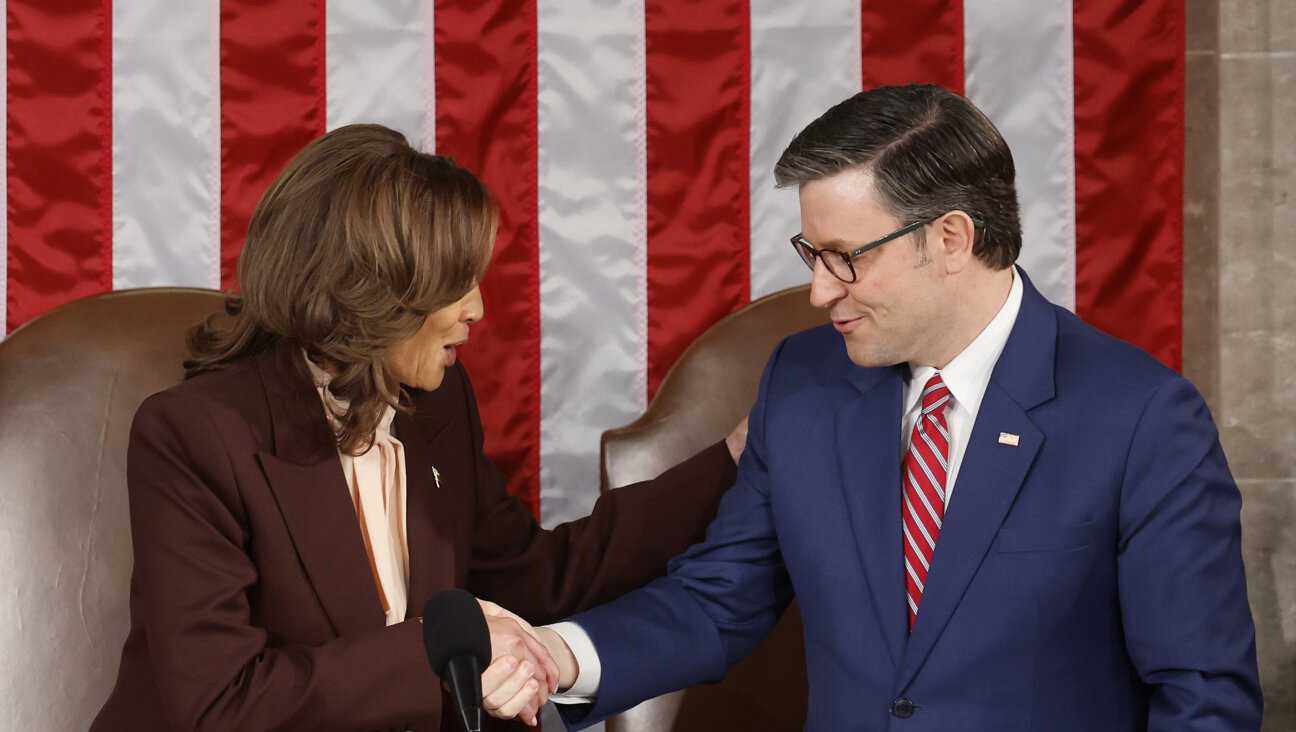Those Princesses Are Not My Reality

We all knew it was coming. A medium as rife with ethnic stereotypes as reality television was bound to, one day, find a few spunky young Jewish women and present them to the world as JAPs. Well, that day has come.
Bravo recently debuted their new reality show “Princesses: Long Island” which is about, in the network’s words, “six young women from Long Island who return to their pampered lifestyles in the comfort of their parents’ estates and at the expense of their fathers’ bank accounts.”
This week on the Sisterhood we will be exploring the new show and what it does and doesn’t say about Jewish women today.
Appropriate to the genre, I will begin with a true confession. I am not a reality TV aficionado. So perhaps, my take on the newest show on Bravo, “Princesses: Long Island,” will be missing the enthusiasm that reality TV fans may otherwise bring. I watched the first two episodes after I decided that it might be useful for me, as a psychologist living and working on Long Island, to have some idea of what was being portrayed in case someone brought up the show during a therapy session.
I know enough about these shows to understand that part of the fun of the viewing experience is to throw people together, expose their vulnerabilities, get them all excited so they begin to talk about one another in snarky ways, and build up to some major explosive fight scene (kind of like the stages of orgasm, as defined by Kinsey). In addition, there is the chore of choosing participants who will be prime examples of every horrific cultural stereotype about the group being portrayed (whether it is Italians on the Jersey Shore, or LA Housewives). I get it.
And still, after watching the show, I felt despondent and at a loss. Where could I possibly begin and what should I write about? Written previews for the show indicate that it’s about “six Jewish college graduates” living on Long Island. After watching for two hours, it was not at all evident that going to college had been part of their life experiences. Besides the fact that only two women even discussed working at all (“poor” Joey from Freeport and Casey, who escaped to Manhattan where she works as a cocktail waitress as she pursues her artistic aspirations), there is absolutely no mention of anything they do other than shop, party, get their nails done and look for men. They do not seem to read or discuss literature, politics, news, theatre, sports, or be involved in any charitable or cultural endeavors. There are many mentions of their experiences being in high school, but in general, their behavior seems to be most similar to that of young pre-teens in middle school.
As a Jewish woman, I am despairing that these women are portrayed as archetypal stereotypes of “Jewish American Princesses,” a phenomenon, that Lilith Magazine exposed as dangerously sexist and anti-Jewish over twenty years ago. Again, I remind myself that the use of ethnic stereotyping is endemic to the genre, not unique to the Jews. And yet, I ask myself, why would the women on the TV show submit to being portrayed in these embarrassing, even mortifying situations? I am thinking about when Ashlee asks the manager of the nail salon to carry her on his back to her car after her pedicure, or when Amanda and her mom vie for Amanda’s boyfriend’s attention while trying on bikinis. And, on the other hand, why do so many people want to watch the show?
Unfortunately, being on TV is still an American dream, one that is tied to feeling special and exceptional, even if the salient special thing about you is that you’re on TV. It’s troubling to see people so drawn to this mode of being known. As a therapist, I am concerned at the apparent lack of self-knowledge these women display as they yearn to be known by countless others. Are they being exploited by their naivete and desire to be on TV? Or do these TV princesses have more self-knowledge than we imagine? Could it be that they are savvy young women for whom this is a worthwhile acting opportunity, and that they are hoping to move from this show to something bigger and better? Even if the latter is true, their choice of a “role” is unflattering, to say the least.
In terms of the viewers, we know that young women are the largest viewing audience for reality TV. Mark Fishman, a professor at Brooklyn College has written of the “guilty pleasures” that viewers get from watching TV personalities act in horrible, forbidden and degrading ways. We may feel a sense of “schadenfreude,” a delight in the misfortunes of others. No matter how bad our own parents are, we can’t imagine that they would be as hurtful as the parents on the show who seem determined to get their daughters married off, to any Jewish man, who is currently breathing and comes with money and a penis, as though this alone will offer meaning and substance to their daughters’ lives. No matter how much we may be materialistic or immature, it is satisfying to see that there are women who can outdo us in both spheres. Perhaps, we tell ourselves, we are not so bad after all.
As for reality, the young Jewish women I know and see and work with on Long Island are smart, capable and funny. They are also caring, independent and thoughtful. They know that princesses live in castles, but that they live in the real world. Many of them are working hard to make that world a better place. Let’s celebrate them. Let’s make them our cultural heroes.
Nechama Liss-Levinson, Ph.D. is a psychologist in private practice in Great Neck, NY and the author of several books, including the recent award-winning children’s novel, “When the Hurricane Came.”
A message from our Publisher & CEO Rachel Fishman Feddersen

I hope you appreciated this article. Before you go, I’d like to ask you to please support the Forward’s award-winning, nonprofit journalism so that we can be prepared for whatever news 2025 brings.
At a time when other newsrooms are closing or cutting back, the Forward has removed its paywall and invested additional resources to report on the ground from Israel and around the U.S. on the impact of the war, rising antisemitism and polarized discourse.
Readers like you make it all possible. Support our work by becoming a Forward Member and connect with our journalism and your community.
— Rachel Fishman Feddersen, Publisher and CEO























